Most countries around the world have enforced a lockdown to slow the spread of the coronavirus pandemic. This generally means everyone, aside from essential workers, must stay at home and can only venture out for groceries and medical purposes. Naturally, public gatherings are prohibited, although in some countries small gatherings are still possible.
Now, as lockdowns are cautiously being lifted around the world (albeit with the risk of reverting should the need arise), the global Meetings Incentives Conferences and Exhibitions (MICE) industry is left to speculate as to when it can resume hosting events.
In South Africa, our lockdown is currently due to end on 30 April. A number of exhibitions have been postponed until August at the earliest, according to the schedule on the Association of African Exhibition Organisers (AAXO) website. However there is a lot of uncertainty, as we all realise that our circumstances can change quickly.
To help gauge the international events industry’s expectations, below is a list of different countries (in alphabetical order) with their expected timelines to be able to host public events.
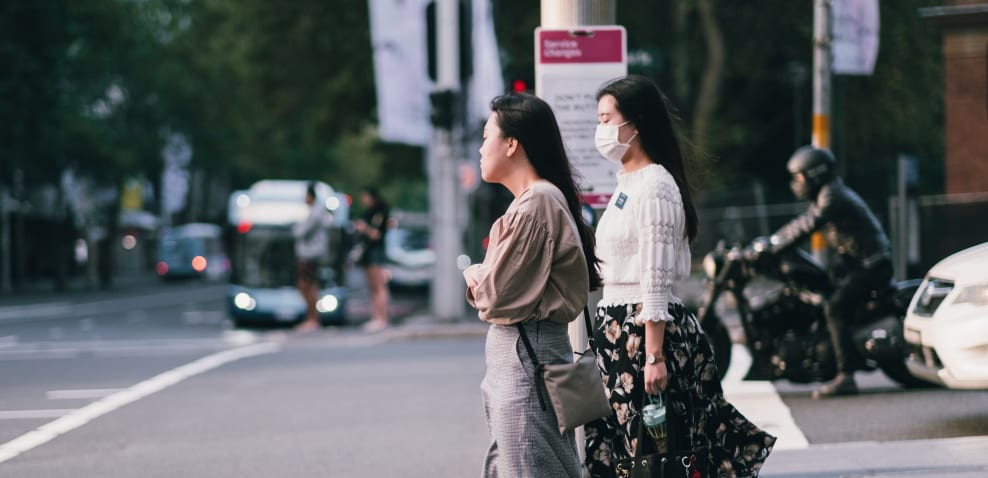
Australia
Lockdown: 23 March – September 2020 to March 2021
The initial lockdown rules prohibited non-essential gatherings of more than 500 people outside or more than 100 people inside. This was later amended to no public gatherings of more than two people – with the exceptions of people of the same household, funerals (a maximum of 10 people), and weddings (a maximum of 5 people).
An initial six months recovery timeframe was proposed, which would end in September. However Prime Minister Scott Morrison has warned it could be as long as a year.
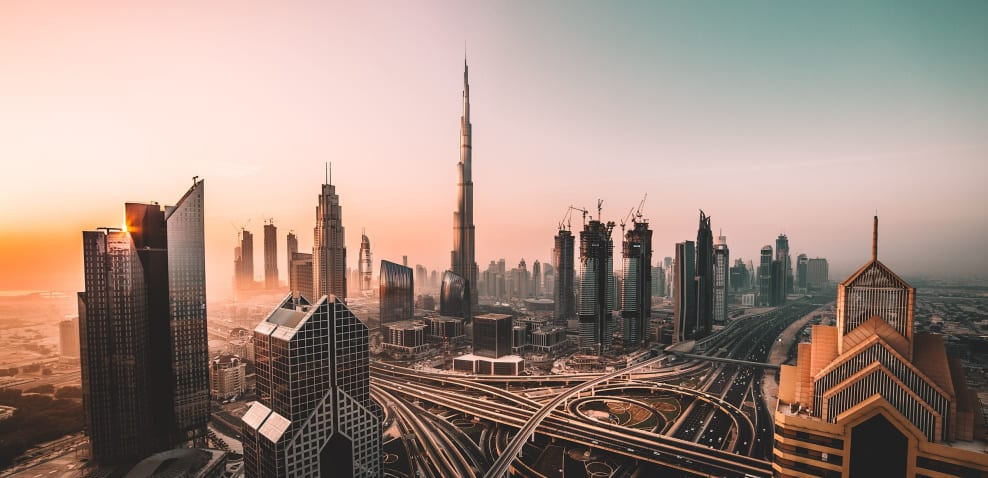
Dubai
Lockdown: 04 April – 18 April
Dubai started implementing precautionary measures against the COVID-19 pandemic early on, closing all schools and recommending residents self-isolate from 08 March. All bars, restaurants, pubs, and hotels were closed and major events suspended from 16 March. Permits for all business events have been put on hold since then.
Stricter rules have since come into force with the lockdown, with residents requiring permits to leave their homes.
Expo 2020 Dubai was scheduled to take place from 20 October 2020 to 10 April 2021, but is now looking at pushing this out by a year, to open in October 2021 instead.
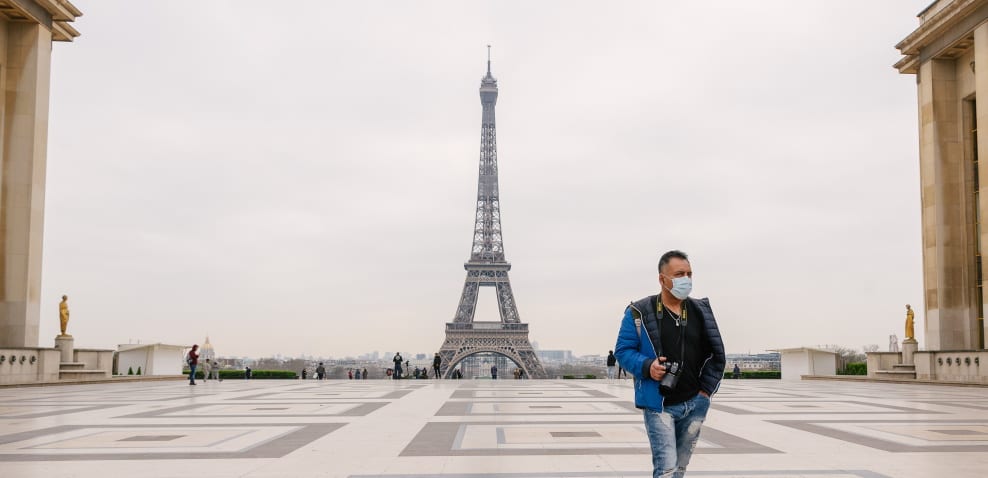
France
Lockdown: 17 March – 11 May
Restrictions are scheduled to start lifting from 11 May. However restaurants will remain closed and festivals will be prohibited until at least mid-July. Meanwhile the Tour de France, which was due to run from 27 June to 19 July, has been postponed to 29 August.
Germany
Lockdown: 22 March – 20 April to 04 May
Some lockdown restrictions will be lifted from 20 April, and students will start returning to school from 04 May. Strict rules about social distancing and sanitizing will remain, and large gatherings will be prohibited until the end of August.
Italy
Lockdown: 21 February (provincial) and 09 March (national) – 03 May
Italy has lifted a few lockdown measures since 14 April, and is aiming to lift the remaining measures by 03 May. However, virologist Fabrizio Pregliasco of Milan University cautioned, “We have to resume via a gradual exit strategy and I believe we’ll still have to keep some restrictions in place.” The ban on large public gatherings is one restriction which is likely to remain in place “for some time”.
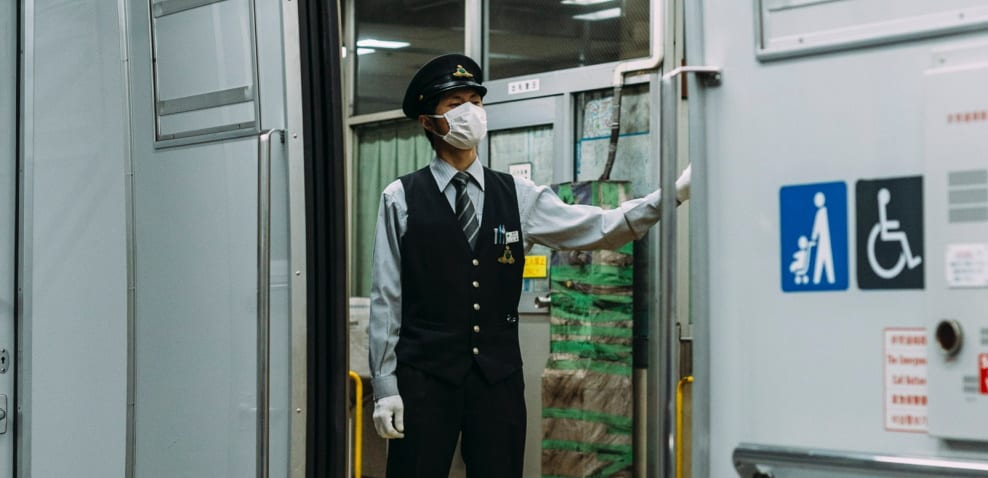
Japan
Lockdown: 08 April – 06 May
Japan’s approach was initially described as a ‘soft lockdown’, with people being encouraged to avoid large public gatherings. However a national state of emergency was declared on 16 April, when the Japanese Prime Minister Shinzo Abe extended its regional state of emergency to the entire nation through May 6, and which limits people’s movement to essential activities only.
The 2020 Olympics, originally set to take place in Tokyo from 24 July and 9 August 2020, has been postponed to 23 July to 08 August 2021, due to concerns that the COVID-19 outbreak will still pose a threat.
South Korea
Lockdown: isolated to specific areas, such as its military bases after soldiers tested positive for the virus
South Korea has been praised for its rapid and effective response to the coronavirus outbreak. Their strategy was to focus on large scale testing (running about 15,000 diagnostic tests per day, for which the results were obtained a few hours later) and quarantining and tracing infected people.
Mass gatherings in the affected cities were cancelled, while many establishments check people’s temperature on arrival, and hand washing and social distancing have been strongly pr

Spain
Lockdown: 15 March – 26 April
Spain’s lockdown will be in place until 26 April, but it could be extended. In the meantime, some non-essential workers are gradually returning to work. Sporting events will be televised until the end of summer, and the MPI (Meeting Professionals International) Iberia chapter in Spain is optimistic that the MICE sector will resume in September.
Sweden
Lockdown: None
Sweden has taken a novel approach of not implementing a lockdown. Instead, people are encouraged to work from home if they can, and the elderly and high risk to self-quarantine. High schools and universities are closed, and social distancing is advised – with bars and restaurants continuing to operate, but only allowing table service.
On 11 March, the Swedish government announced that all public gatherings and events must be limited to no more than 500 participants, which was reduced to 50 participants on 29 March. No end time has been specified, but many exhibitions have been postponed to later this year.
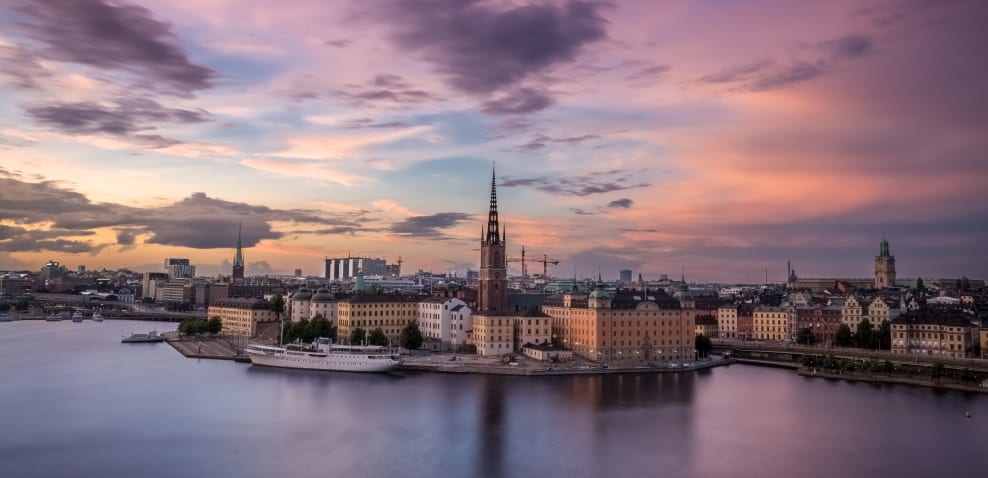
United Kingdom
Lockdown: 23 March – to be reviewed 07 May
On 23 March, Prime Minister Boris Johnson announced a national lockdown which included prohibiting public gatherings of more than two people, excluding funerals. It is anticipated the lockdown will be lifted in early May. However large-scale events are forecast to only resume later in the year, with many high-profile events such as the Edinburgh Festivals scheduled for August having been cancelled.
United States of America
Lockdown: 20 March (Illinois) – tbc
On March 30, President Donald Trump extended federal guidelines that all Americans should avoid, among other things, nonessential travel and gatherings of 10 people or more, to the end of April.
Then on 16 April he announced a three phase approach to relaxing restrictions, with each phase being based on the current situation in each state. These include: Phase 1: avoid socializing in groups of more than 10, and strict physical distancing protocols. Phase 2: avoid social gatherings of more than 50 people, and moderate physical distancing protocols. Phase 3: no limitation defined for size of gatherings, and limited physical distancing protocols.
Wuhan
Lockdown: 23 January – 08 April
Wuhan, the Chinese city where the coronavirus outbreak originated, has finally ended its lockdown after 76 days. (The rest of China has also been in lockdown, but not for the duration and intensity as Wuhan.) However the process is a gradual relaxing of rules, and authorities are still asking residents to limit outings and not to attend large gatherings. It’s unclear when this will change, as the attitude seems to be one of extreme caution – which is understandable given the harm and devastation the virus caused here.
Interesting, Microsoft has indicated it will not hold any live events until July 2021, but instead will host them digitally. Facebook has taken a similar stance, with its CEO Mark Zuckerberg, stating that the company is “canceling any large physical events we had planned with 50 or more people through June 2021. Some of these we will hold as virtual events instead.”
All photos supplied by Unsplash.







